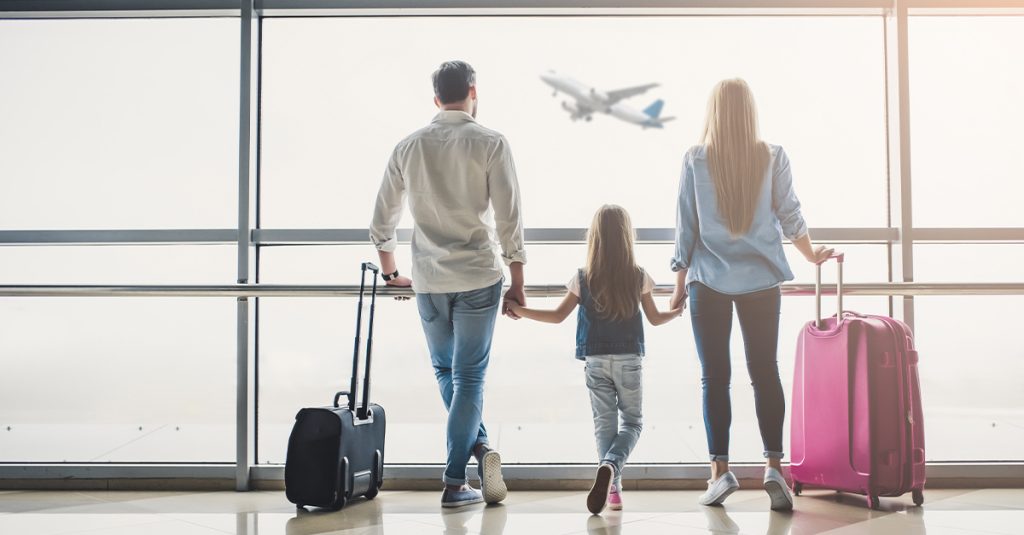UK travellers display greater confidence in overseas journeys, driven by enhanced assurances and support from trusted travel professionals.
New findings highlight a six-point rise in the Travel Confidence Index, revealing key trends and areas for improvement within the travel industry.
The Travel Confidence Index, now in its second year, serves as a barometer of the UK’s collective confidence in international travel. This increase signals positive sentiment among travellers, with the index climbing from 41 to 47 points.
The data indicates significant surges among certain demographics, particularly those aged 25-54, showcasing growing trust in travel opportunities and services offered by professionals.
Those who engaged with travel professionals recorded the highest confidence scores. Customers reported a 72-point confidence level when booking through these channels, highlighting the pivotal role of professionals.
This trend persists among package holidaymakers, whose confidence rose to 74 points, indicating reassurance gained through structured and supported travel arrangements.
Confidence levels among different demographics reveal diverse trends. Notably, those aged 45-54 showed the most remarkable increase, leaping from 34 to 50 points.
Conversely, confidence among those 65 and above diminished, dropping from 33 to 26. Targeted strategies are necessary to address the concerns of older travellers.
The research signifies areas of focus for the industry, particularly the need for enhanced communication about security and assistance for senior travellers.
Emphasising security has emerged as a crucial concern for travellers. Provisions such as valid passports and assurance of returning home if a company fails were deemed essential by 71% and 58% of respondents, respectively.
Furthermore, health and safety standards at accommodations and overall hospitality were highlighted, with respondents rating them as critical, showcasing a need for robust reassurance strategies.
Booking with Abta members consistently provided significant reassurance, with 41% of travellers citing this as vital. This reflects ongoing trust in established and credible associations.
Research indicates travellers value transparency and clarity in their engagements with travel providers, underscoring the necessity for clear communication and reliable service.
Graeme Buck, Abta’s communications director, expressed positivity regarding the uptick in nationwide travel confidence. He highlighted the role of professional travel arrangements in fostering trust.
Buck remarked, “Our research suggests seniors have become more risk-averse, therefore businesses must highlight protections, including travel insurance and insolvency safeguards.”
Such insights are crucial as businesses look to cater to evolving needs, particularly among traditionally avid traveller demographics like the over-65s.
The ongoing research feeds into Abta’s upcoming ‘Holiday Habits 2024-25’ report, set to provide further guidance on industry trends and traveller needs.
By understanding these insights, businesses can tailor their approaches to meet consumer demands effectively, enhancing overall travel confidence.
Abta’s research underscores a promising trend of increased travel confidence among UK citizens, albeit with notable areas requiring attention.
By refining strategies and focusing on security and personalised engagement, the travel industry can further cultivate this burgeoning confidence.

